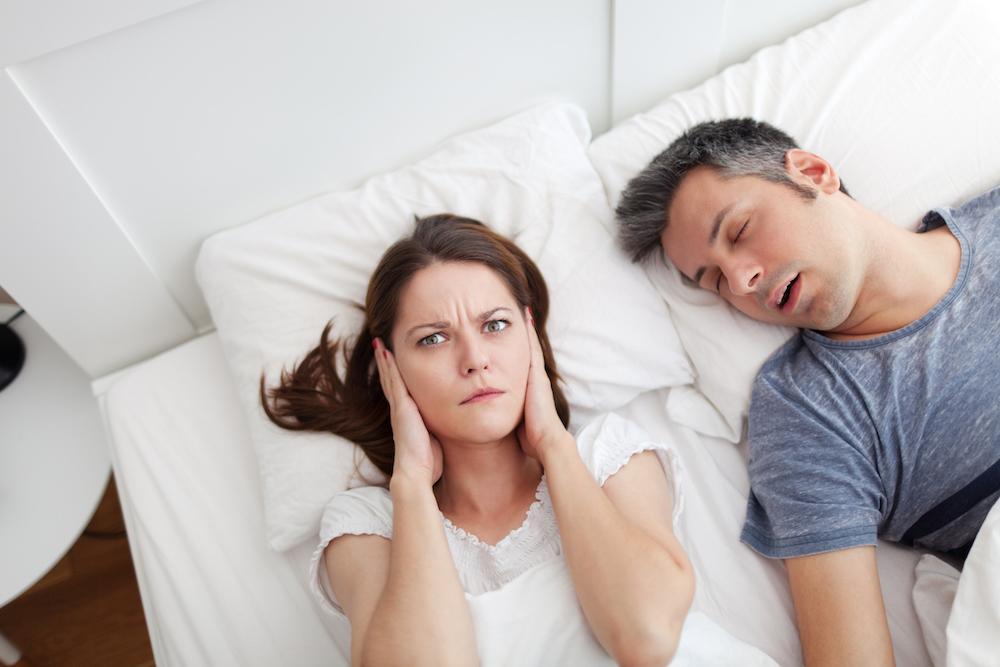Learn About our Effective Snore Therapy

Not all snorers have sleep apnea, a potentially dangerous sleep disorder, but snoring accompanies the most common type of the condition. Obstructive sleep apnea occurs when soft tissues in the throat relax and collapse, blocking your airways as you sleep and forcing your brain to wake you. This can happen dozens of times through the night, even if you don’t remember waking to restart your breathing.
Serious cases of sleep apnea may require extensive sleep testing and expensive kinds of apparatus to keep breathing uninterrupted. However, if you’ve been diagnosed with minor or moderate obstructive sleep apnea, you may be referred to an unlikely place — the team at The Dental Studio.
What your snoring reveals
Snoring can be a nuisance, disturbing the sleep of others within earshot, and if you’re not suffering from sleep apnea, that may be the extent of it. However, if you have obstructive sleep apnea, you may be on a path of medical peril, with effects and complications that accumulate and worsen as time passes.
Your snoring is likely progressing to obstructive sleep apnea if any of the following happen to you:
- Your snoring becomes louder and more severe
- A partner or other person observes your breathing stop as you sleep
- You wake occasionally, gasping for air
- Your mouth is dry in the morning
- You have difficulty remaining asleep
- You have trouble concentrating or staying awake during the day, despite a full night of sleep
Your risk of sleep apnea
If you’re a snorer, your risk of developing obstructive sleep apnea climbs if you have one or more of the following factors:
- Carrying excess weight
- Being male
- Older than 40
- A smoker
- Prone to frequent nasal congestion
- Others in your family with sleep apnea
How your dentist can help
If you have sleep apnea, or even if you don’t but your snoring disturbs others, it may be time to talk to your provider at The Dental Studio. As sleep apnea specialists, the team at The Dental Studio can help you manage your snoring or sleep apnea condition. Certain lifestyle changes can help, such as losing weight, quitting smoking, or adjusting alcohol intake, and beyond this, there are oral and dental appliances that can help keep your airways open as you sleep.
A mandibular advancement device is perhaps the most common dental appliance used to treat snoring. Resembling a sports mouthguard, the device is custom-fit to your mouth. The alignment of the appliance eases your lower jaw forward and down, which in turn moves some of the soft tissue of your throat forward and down, introducing greater separation from tissue at the top of your throat.
Since snoring occurs when these tissues vibrate together in resonance with your breathing, the increased space stops these vibrations and opens your throat for easy passage of air. As well as the mandibular advancement device, tongue re-trainers may be effective when collapse of the tongue causes the problem.
There are other dental approaches to treat snoring as well, so call The Dental Studio or click to arrange an appointment at one of our convenient locations. You’ll soon be sleeping soundly — and quietly — through the night.


